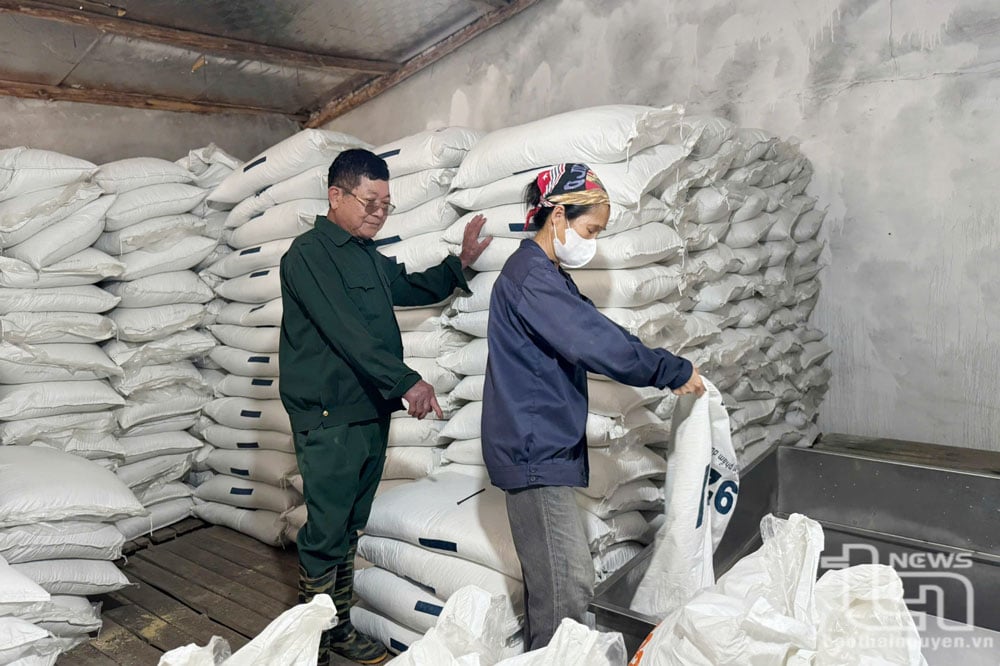 |
| Currently, many farms and livestock facilities in the province mix probiotics with feed for livestock and poultry, effectively treating livestock waste. |
Coming to the white-feathered chicken farm of Mrs. Nong Thi Sao's family (in Co 1 residential group, Giang Tien town, Phu Luong), what surprised us was the airy, clean space and no smell of livestock waste.
With 22 years of experience in farming and having tested many solutions for treating wastewater and waste from livestock, Ms. Sao was very pleased when a few years ago she found a type of probiotic for chickens to eat.
Ms. Sao said: Every year, my family's farm raises 40,000 chickens. If not treated, waste from the chicken flock can cause serious environmental pollution, especially during the humid season or on days of heavy rain. After researching, I decided to use probiotics for chickens. Mixed with chicken feed, probiotics not only improve the digestive system, eliminate toxins, increase resistance, help chickens grow quickly, but also reduce the odor of the barn, contributing to protecting the surrounding environment...
To effectively treat wastewater and waste from livestock farming, the farm of High-tech Livestock Joint Stock Company in Cao Phong hamlet (Hop Tien commune, Dong Hy) chose to build a biogas tank. Mr. Nguyen Duc Hieu, Executive Director of the farm, said: We are cooperating with Sunjin Vietnam Company to raise pigs with a scale of 2,400 sows and 15,000 pigs/year. With a large volume (15,000m3), the biogas tank helps the farm effectively treat waste, creating a source of gas for production. The aerobic aeration tank helps the wastewater meet standards before reuse, minimizing environmental pollution...
Currently, most livestock farms in the province are proactive in treating wastewater and waste from livestock farming. According to information from the Department of Agriculture and Environment, there are currently 1,255 livestock farms in the province (including 64 large-scale farms, 726 medium-scale farms, 465 small-scale farms) and over 117,790 livestock households. Of these, 183 farms and livestock facilities are certified for safe production according to VietGAP standards; 42 livestock facilities are certified for disease safety.
In order to enhance responsibility in environmental protection, many farms and livestock facilities have applied high technology in wastewater and waste treatment by using biogas tank systems or biological bedding and probiotics.
According to the sharing of farm owners and livestock facilities, using waste treatment systems with biogas tanks or biological bedding and probiotics helps farmers better control the livestock environment and the health of livestock and poultry.
In addition, livestock waste after being treated through the biogas tank system and biological bedding also brings value to livestock farmers, can be used as fuel, electricity generation or sold as fertilizer...
In particular, some livestock farms use manure presses to treat livestock waste. Mr. Le Dac Vinh, Head of the Provincial Department of Livestock, Veterinary and Aquatic Products, said: Using this type of machine is the optimal solution to solve the difficult problem of livestock waste treatment. Thanks to the process of dewatering to turn livestock waste into liquid and solid (dregs), it helps people easily utilize, recycle, and treat...
In fact, environmental protection in livestock farming is a very important task, not only related to the benefits of the living environment but also for the sustainable development and safety of the livestock industry at present and in the future. This is also a social responsibility that needs to be focused on.
Therefore, the fact that farms and livestock facilities proactively implement measures to treat wastewater and livestock waste is a very positive signal, demonstrating the effectiveness of state management in this field in the province.
Source: https://baothainguyen.vn/tai-nguyen-moi-truong/202505/chu-dong-xu-ly-chat-thai-chan-nuoi-9521445/





![[Photo] T&T 1 and Ho Chi Minh City 1 People's Police Teams won the men's and women's team championships](https://vphoto.vietnam.vn/thumb/1200x675/vietnam/resource/IMAGE/2025/5/22/39db06ae67cb4001b7a556e8d9a56d07)




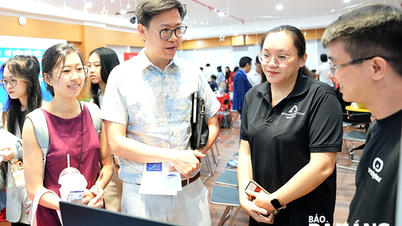



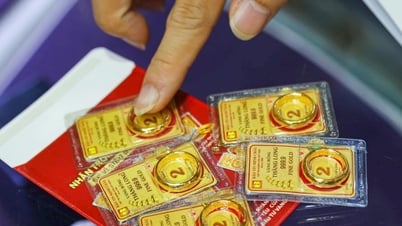
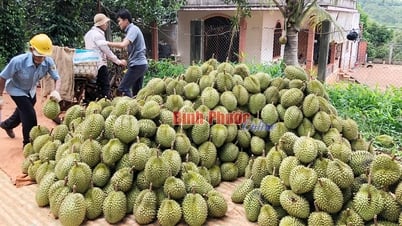

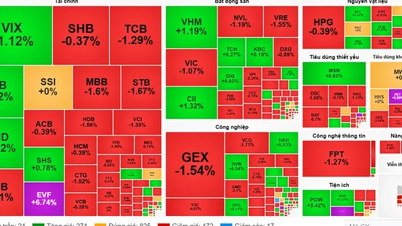





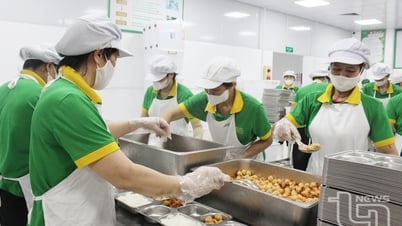
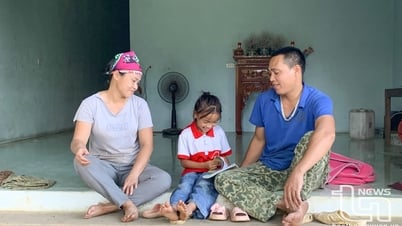
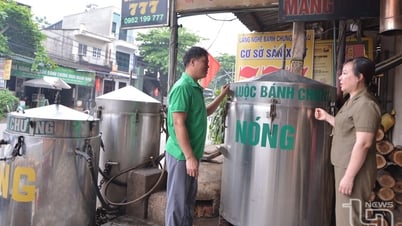

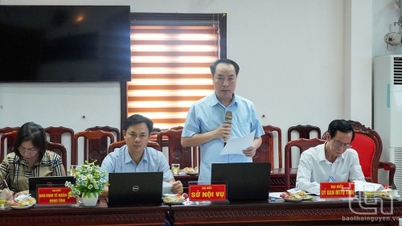
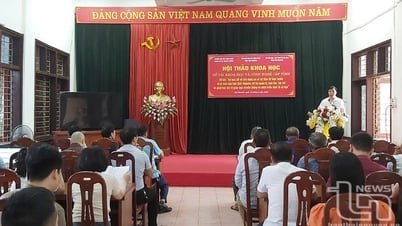




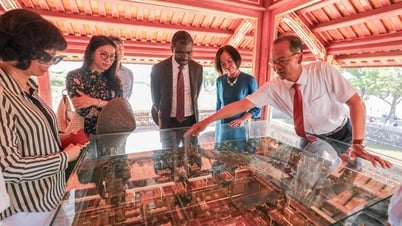
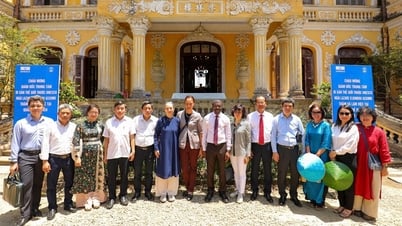







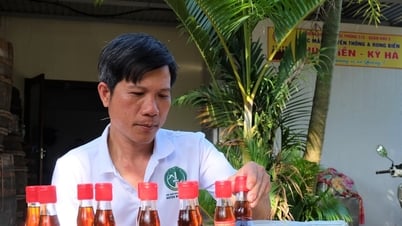

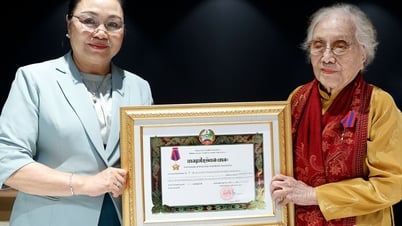

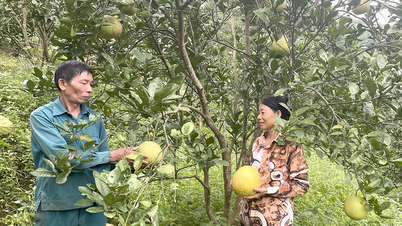

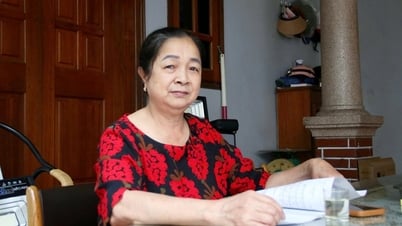









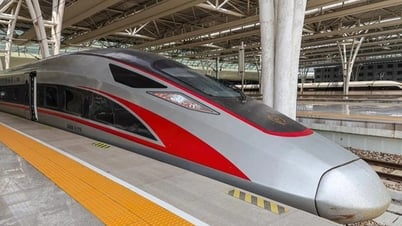






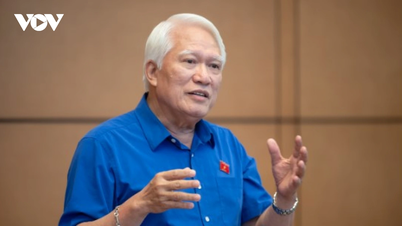


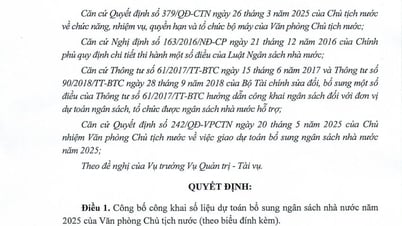

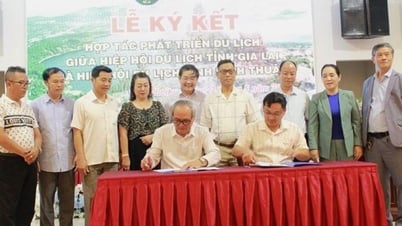

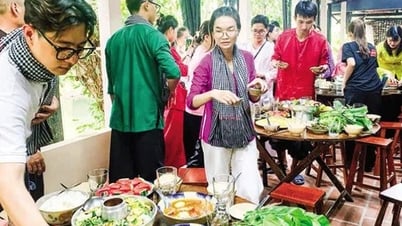



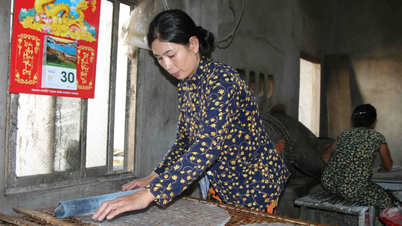

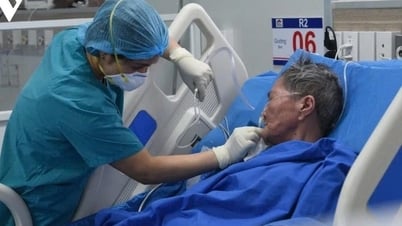




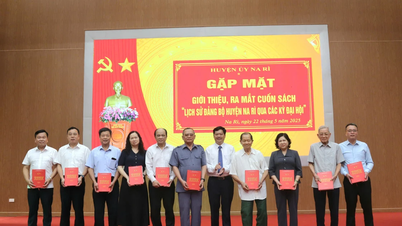








![[Podcast] Week introducing more than 500 OCOP products in Hanoi](https://vphoto.vietnam.vn/thumb/402x226/vietnam/resource/IMAGE/2025/5/22/d144aac2416744718388dbae3260e7fd)


Comment (0)